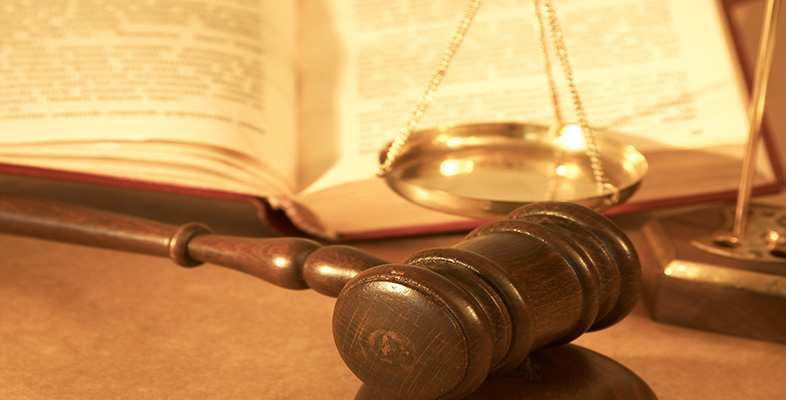Exceptions and exemptions
It is recognised that certain exceptions to owners’ intellectual property rights need to exist, for various reasons: to serve the wider public interest, because of market failure, and to support the exercising of licences granted by some previous copyright holder.
It is clear what we mean by making copies of printed and other physical, creative works, and it is widely though not universally accepted that you may make single copies for purposes of research, private study, criticism and review, and reporting current events. The latter is termed ‘fair dealing’ in the UK and ‘fair use’ in the US. In such cases it would be argued that copying is in the wider public interest, since doing this facilitates education and the development of society. However, in many European countries the idea of fair dealing is not accepted and still hotly debated. Where fair dealing is referred to in national laws it tends not to be very explicit, and publishers and users have had to resort to drawing up consensus guidelines for actual day-to-day practice.
Things are even less clear with regard to copying digital works – there are no guidelines yet for the electronic environment, with really no clear agreement on what the digital equivalent of fair dealing might be.
Exceptions may be taken further in various ways. It may be permissible to make copies of audio and audio-visual materials for personal use – so-called ‘private copying’. In some jurisdictions it may even be permitted to use materials transmitted on TV for educational purposes, though normally this would require a licence. The EU directive on use of copyright for software included exemptions for making back-up copies and for limited decompilation of software at the interface to facilitate the interoperability of the software with other software. Software is usually delivered as an ‘executable’, with guidance on how to connect to this at particular points in particular ways. To be able to make this connection effectively, it may be helpful to know what the original programming language code of the software was, and particularly of those parts being connected to. This source code can be abstracted from the executable via decompilation or reverse engineering.
Libraries may also be exempt from copyright constraints in the case of particular actions such as archiving – this is called ‘library privilege’ in the UK, and is not part of fair dealing. Libraries do make extensive use of fair dealing when supplying copies of items to scholars, particularly via other libraries – in the UK this is an aspect of the interlibrary loan system. It is not clear what the equivalent of an interlibrary loan would be in the digital world, and remote delivery of library services in digital libraries would not be exempt from copyright constraints.
In many technical processes involving digitised copies, temporary intermediate copies are inevitably produced, and legislation has been proposed to exempt these. However, the making of copies for the purposes of security or back-up may not be exempt – though typically a licence would also grant this right while prohibiting the making of any other copies.
It is clearly unwise to assume an exemption exists; when in doubt you should seek a licence. In the UK the Copyright Licensing Agency [Tip: hold Ctrl and click a link to open it in a new tab. (Hide tip)] can provide, for a fee, the right to use ‘extracts from print and digital publications on behalf of the copyright owners – authors, publishers and visual artists’.
